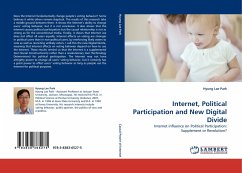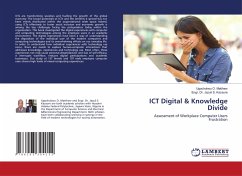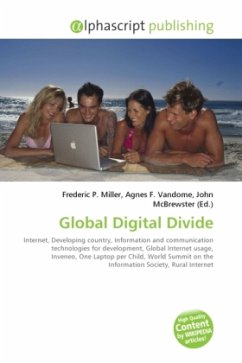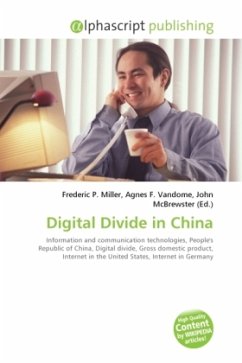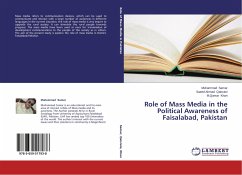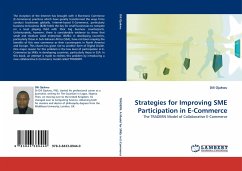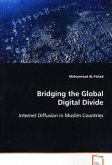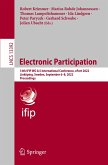Does the Internet fundamentally change people s voting behavior? Some believes it while others remain skeptical. The results of this research take a middle ground between them. It shows the Internet s ability to change users voting behavior, but it is not conclusive. It also shows that the Internet causes political participation but the causal relationship is not as strong as for the conventional media. Finally, it shows that Internet use does not affect all users equally. Internet effects on voting are stronger in political users than in non-political users, by reinforcing likely voters to vote as well as recruiting unlikely voters. I call this the new Digital Divide, meaning that Internet effects on voting behavior depend on how to use the Internet. These results remind us that the Internet is a supplemental tool (Social Constructivism) rather than a revolutionary tool (Technology Determinism) for political participation. The Internet may not have almighty power to change all users voting behavior, but it certainly has a great power to affect users voting behavior as long as people use the Internet for political purposes.
Bitte wählen Sie Ihr Anliegen aus.
Rechnungen
Retourenschein anfordern
Bestellstatus
Storno

